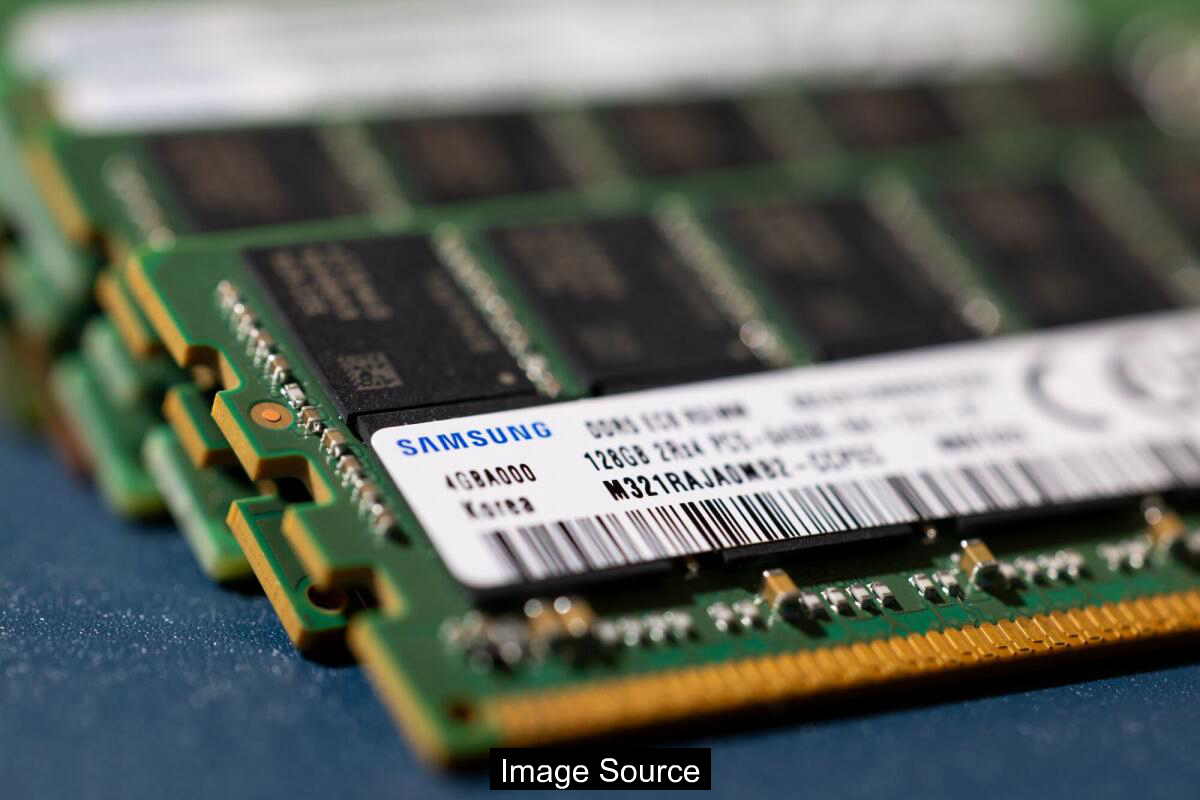Samsung Electronics has secured a significant contract to manufacture advanced semiconductor chips for Tesla’s artificial intelligence applications at its facility in Taylor, Texas. The collaboration marks a strategic expansion of Samsung’s semiconductor production capabilities in the United States, leveraging the company’s expertise in cutting-edge chip manufacturing technology.

Samsung’s Strategic Semiconductor Partnership with Tesla
Samsung Electronics has secured a groundbreaking $16.5-billion chipmaking agreement with Tesla Inc., marking a significant milestone for its foundry division. The contract, valued at 22.8 trillion won, will run through the end of 2033 and involves producing AI semiconductors at Samsung’s upcoming Texas plant. This partnership represents a critical opportunity for Samsung to revitalize its semiconductor manufacturing capabilities.
The deal centers on producing Tesla’s next-generation AI6 chip, which will form the foundation of the company’s driving hardware suite. Tesla CEO Elon Musk emphasized the strategic importance of this agreement, suggesting that the actual output could potentially exceed the current contract’s value. Musk has been personally authorized to assist in optimizing production, highlighting the collaborative nature of this technological venture.
Samsung’s foundry business has recently struggled with underutilization and market share challenges. The company’s global foundry market share slipped to 7.7% in the first quarter, compared to Taiwan Semiconductor Manufacturing Co.’s dominant 67.6% position. This Tesla contract represents a potential turning point for Samsung’s semiconductor manufacturing strategy.
Technological Innovation and Market Positioning
The semiconductor partnership signals Samsung’s commitment to advancing its fabrication technology. Both Samsung and TSMC are progressing toward 2-nanometer fabrication, with this deal potentially serving as a catalyst for technological refinement and innovation. Analysts view the contract as more than just a revenue opportunity, but as a strategic validation of Samsung’s technological capabilities.
Samsung’s ability to secure this contract comes at a critical moment, particularly as competitors like Intel Corp. face investor skepticism about their long-term technological roadmap. The partnership positions Samsung as a strong alternative to TSMC in the highly competitive semiconductor manufacturing landscape.
The deal also demonstrates Samsung’s resilience following legal challenges. This contract represents the first major win after Executive Chairman Jay Y. Lee was cleared of outstanding legal charges, signaling a potential resurgence for the company’s semiconductor division.
Tesla’s Autonomous Driving Ambitions
Tesla’s pursuit of autonomous driving technology remains a central focus for the company. Elon Musk has consistently emphasized that the company’s future depends on delivering true self-driving capabilities. The semiconductor partnership with Samsung is integral to this long-term technological strategy.
Musk has outlined an ambitious chip progression, moving from current AI4 chips to newly designed AI5 chips from TSMC, and ultimately to AI6 chips from Samsung. This rapid technological iteration underscores Tesla’s commitment to continuous innovation in autonomous driving systems.
However, skepticism remains about Tesla’s autonomous driving timeline. Despite making progress with driverless taxi services in Austin, the company has yet to offer rides without safety staff. The Full Self-Driving suite still requires constant customer supervision, indicating significant technological challenges ahead.
Market and Investor Reactions
The semiconductor partnership triggered immediate positive market reactions. Samsung’s shares rose 6.8% to their highest level since September, while suppliers like Soulbrain Co. experienced a 16% jump. Investors interpreted the deal as a promising development for Samsung’s foundry division.
Financial analysts view the contract as a potential turning point for Samsung’s semiconductor manufacturing strategy. The agreement could help attract additional customers and demonstrate the company’s technological capabilities in a competitive market.
The deal’s significance extends beyond immediate financial implications, representing a strategic repositioning for Samsung in the global semiconductor landscape. It signals the company’s ability to secure high-profile contracts and maintain technological relevance in a rapidly evolving industry.
FAQ: Understanding the Samsung-Tesla Semiconductor Deal
The FAQ section provides clarity on key aspects of the semiconductor partnership between Samsung and Tesla. These questions address common inquiries about the technological and strategic implications of the agreement.
Q1. What makes this semiconductor deal significant for Samsung?
A1. The $16.5-billion contract represents a crucial opportunity for Samsung to revitalize its struggling foundry division, secure a high-profile client, and demonstrate technological capabilities in advanced chip manufacturing.
Q2. How does this partnership impact Tesla’s autonomous driving goals?
A2. The deal enables Tesla to develop next-generation AI chips crucial for its autonomous driving technology, supporting the company’s long-term strategy of delivering fully self-driving vehicles.
Future Outlook
The Samsung-Tesla semiconductor partnership represents a potentially transformative moment for both companies. Samsung gains an opportunity to reinvigorate its foundry division, while Tesla secures critical technological infrastructure for its autonomous driving ambitions.
Continued technological innovation, strategic partnerships, and adaptability will be key to success in the rapidly evolving semiconductor and automotive technology landscapes. Both companies must navigate complex technological and market challenges to realize their ambitious goals.
As the semiconductor and autonomous driving industries continue to evolve, partnerships like this will likely become increasingly important. The ability to collaborate, innovate, and quickly adapt will distinguish industry leaders in the coming years.
※ This article summarizes publicly available reporting and is provided for general information only. It is not legal, medical, or investment advice. Please consult a qualified professional for decisions.
Source: latimes.com